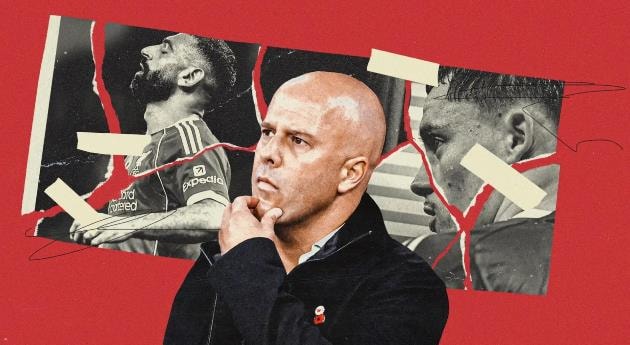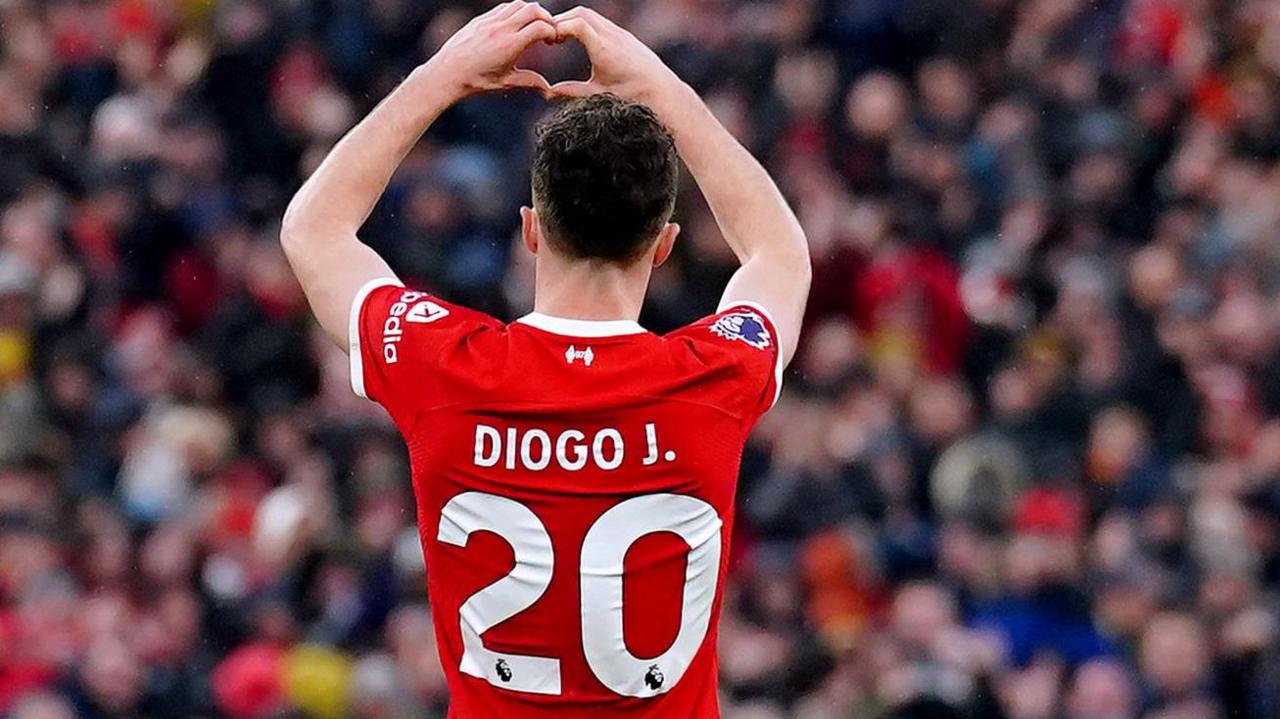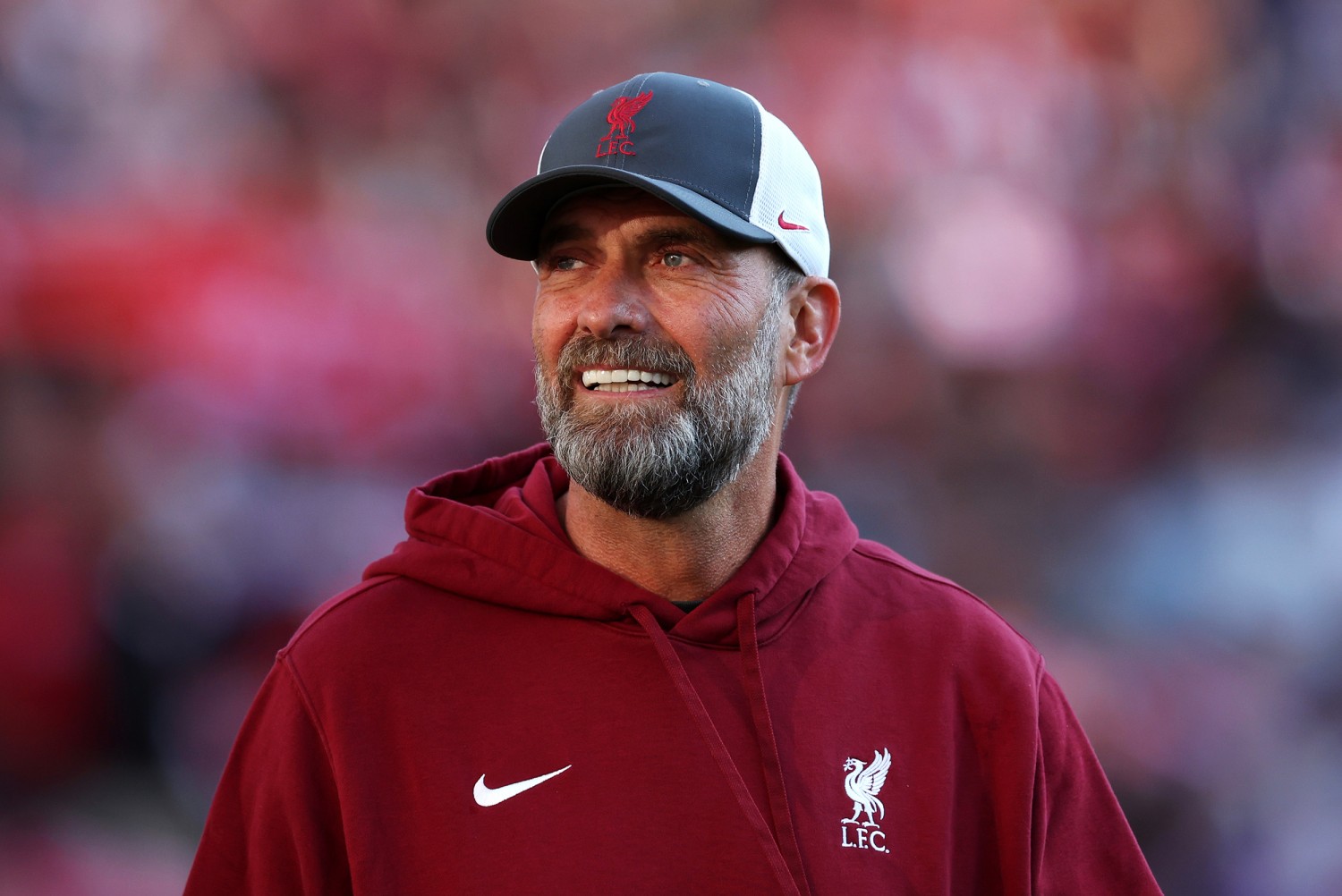When Arne Slot walked through the doors of Anfield, he inherited not just a football team — but a legacy. Jürgen Klopp’s Liverpool was built on chaos and charisma: pressing with purpose, attacking with rhythm, and playing with a raw emotion that made the Kop roar. Slot’s version, however, feels eerily restrained. The fire that once terrified Europe now flickers inconsistently, and fans are asking: has Liverpool lost themselves under his leadership?

To many, the first instinct is to point fingers at Slot. His system — a more controlled, possession-based style inspired by his Feyenoord days — has yet to fully convince. The high press looks hesitant, transitions seem slower, and the spontaneity that defined Klopp’s best years appears missing. At times, Liverpool’s performances resemble a team caught between two worlds: trying to evolve while clinging to what once worked.
But it would be unfair to simplify the crisis as a managerial failure alone. Slot is not managing the same Liverpool Klopp had at his disposal. Injuries, fatigue, and inconsistency among key players — particularly in attack — have turned his debut season into a puzzle of moving pieces. And perhaps no piece is as crucial, or as unpredictable, as Diogo Jota.

Jota’s story is one of both brilliance and frustration. On his day, he is clinical, clever, and capable of scoring from almost nothing. Yet, his frequent injuries and streaky form have robbed Liverpool of stability up front. When Jota is missing or misfiring, the attack often looks disconnected — Salah isolated, Núñez erratic, and the pressing disjointed. It’s not that Jota is to blame for Liverpool’s decline, but his absences have magnified the cracks that already existed.
Some within the club insist Slot’s philosophy needs time. They argue that Klopp’s Liverpool wasn’t born overnight either — it took years to perfect the gegenpressing machine. Slot, however, faces a different challenge: he must redefine what it means to play like Liverpool, without erasing the identity fans hold sacred. The question isn’t whether he’s competent, but whether he can lead a cultural transition without losing the club’s soul.

The psychological aspect cannot be ignored either. Klopp’s emotional bond with the supporters was irreplaceable. Slot’s analytical, composed demeanor might suit a modern football project, but it lacks that raw connection. When results falter, calm logic feels like detachment. And when passion fades, even tactical progress feels hollow.
So, is Liverpool’s current identity crisis about Slot’s incompetence or Diogo Jota’s inconsistency? The truth lies somewhere in between. Slot’s Liverpool is a work in progress — one burdened by comparison to a golden era and hindered by fragile form up front. Until balance returns between structure and spirit, Liverpool will continue to look like a team searching for itself… and perhaps, for its missing heart.





